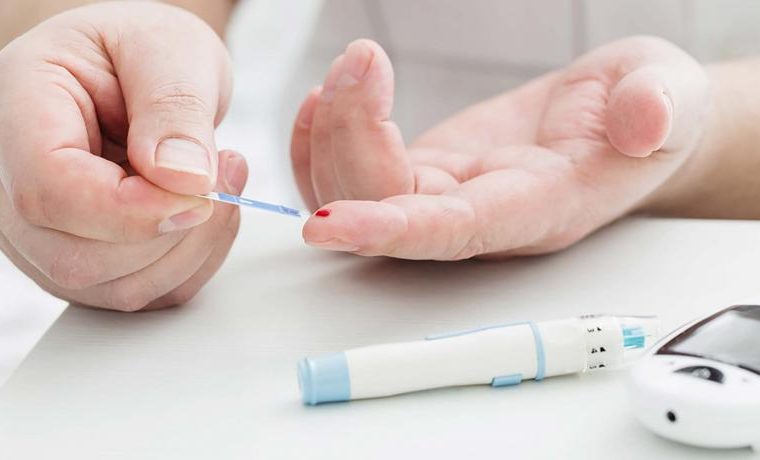November 14th was established as World Diabetes Day by the International Diabetes Federation and the World Health Organization, to raise awareness of this insidious disease and to motivate us all to get screened.
Diabetes is a fairly widespread disease. According to World Health Organization data, it is estimated that more than 422 million adults have diabetes. It is estimated that 8.5% of the world’s total population has diabetes, while in the Eastern Mediterranean region the figure is as high as 13.7%. In Cyprus, it is estimated that this percentage reaches 10.5%, i.e. about 111,000 people, of which about 1/3 of people are not aware of it.
Diabetes is a chronic disease, which over time leads to several complications and other unpleasant consequences that affect the quality of life, such as kidney disease, ischemic heart disease, peripheral vascular disease, neuropathy, loss of vision, etc. Hearing loss is now added to this long list. Several studies have been published over the years demonstrating the relationship and link between diabetes and hearing loss.
A study by the United States National Institutes of Health (NIH) links diabetes to hearing loss. In the study, more than 5,000 adult workers were screened for hearing loss and found that people with diabetes were twice as likely to have hearing loss as non-diabetics.
Researchers from Tsukuba Medical Center Mito University Hospital, Japan, studying the results of 13 studies conducted over the past few years, involving about 32,500 people, found that the chances of losing hearing more than doubles when someone has diabetes, especially in younger people.
Although the reasons why hearing loss is more common in diabetic patients have not been established, studies show that the association is caused by neuropathy (nerve damage), which is a common complication of Type 1 and Type 2 diabetes. Prolonged glucose levels affect the blood or oxygen supply to the tiny nerves and blood vessels in the inner ear. Over time, damage is caused to the nerve of the inner ear and the small capillaries of the cochlea, resulting in a decrease in the person’s hearing ability. This hearing loss is called sensorineural hearing loss, which is permanent and irreversible. In this case, the use of hearing aids is recommended.
Hearing loss is a condition in which a person’s hearing ability is reduced, making it difficult for them to communicate with people around them. In most cases, it occurs gradually, which is why most people do not recognise the signs of hearing loss and are often noticed by family or friends.
The main signs of hearing loss are:
- Difficulty understanding speech, especially in noisy environments and asking for repetition or for others to speak louder
- Increasing the volume of the TV or radio
- There is a feeling that others speak in a confused or whispered way
- Sensation of ringing or whistling in the ears
- Avoids social activities and withdrawing from conversations
Regular hearing checks are essential for diabetics. As important as it is to control vision, it is equally important to control hearing. Diabetic patients should have their hearing checked at regular intervals so that if hearing loss occurs it can be diagnosed early and treated appropriately.
Hearing loss should never be ignored, as there is a risk that it can lead to other unpleasant conditions such as headaches, anxiety, stress, nervousness, isolation and even depression.
On the occasion of World Diabetes Day, DRGEORGE Hearing Centres are offering a FREE Hearing Evaluation for the whole month of November. For more information and appointments call 77 77 65 00.
Dr George Panayiotou, Au.D. CCC-A, FAAA
Clinical Audiologist










